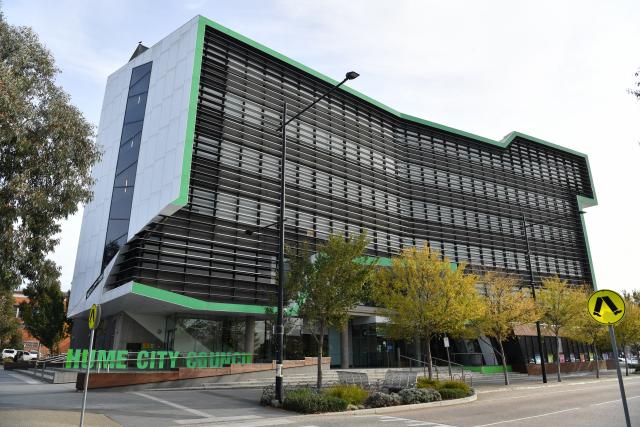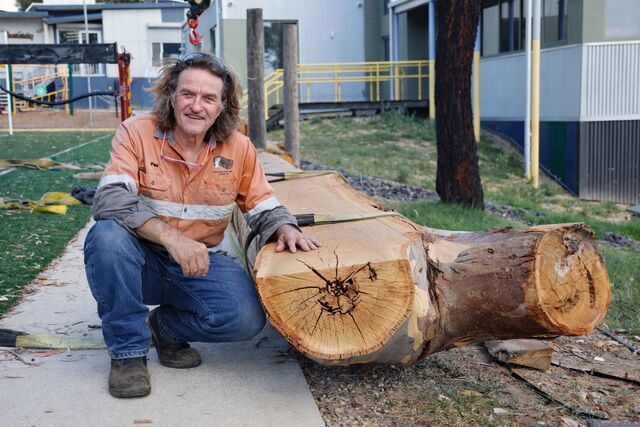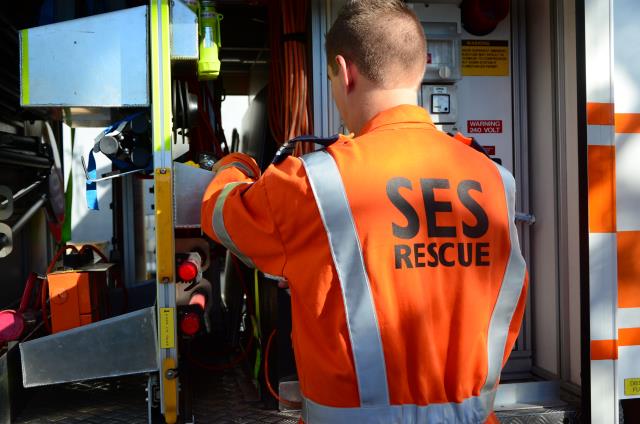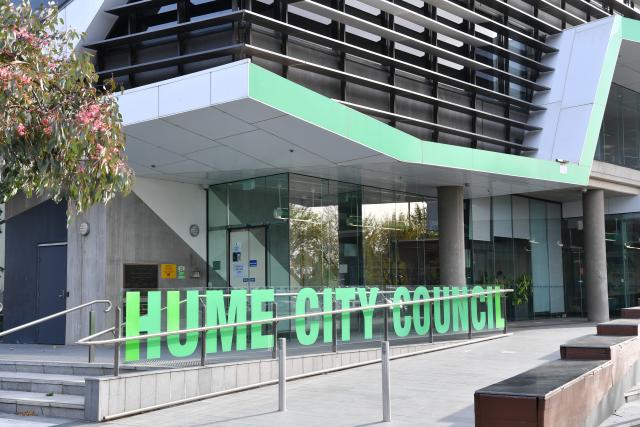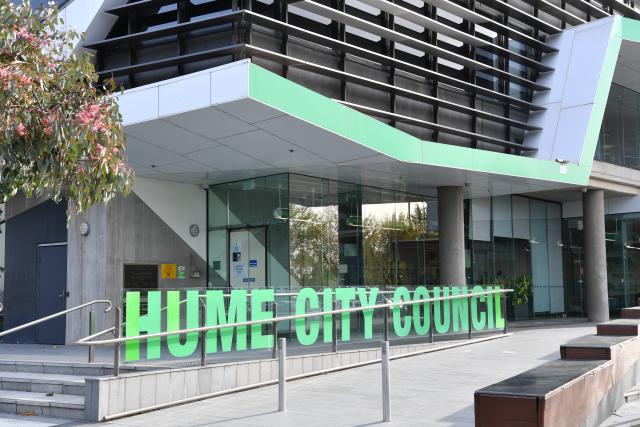PROPOSED changes to the state’s feed-in tariff for home power generators would benefit energy companies at the expense of residents and small businesses, critics say.
The Victorian Competition and Efficiency Commission released the draft report, Power from the People: Inquiry into distributed generation, last week.
It examines the statewide efficiency and effectiveness of the feed-in tariff scheme.
Feed-in tariffs are an incentive to generate electricity, which compensate home owners or businesses who feed surplus energy into the electricity grid.
Among the recommendations are:
■ the reduction of paperwork and connection times for those wanting to join the grid; and
■ the gradual phase-out of existing feed-in tariffs for new customers by December 31, 2013 or once generators feed 75 megawatts into the grid
Alternative Technology Association energy policy manager Damien Moyse said the proposed changes would mean the price for feeding electricity into the grid from a solar photovoltaic system could be set by electricity retailers.
“For all their analysis, VCEC has fundamentally misunderstood how the energy market works and therefore what the value of the electricity exported by distributed renewable energy systems actually is,” he said, adding it could be as low as five cents per energy unit.
VCEC commissioner Deborah Cope said identifying network costs was difficult because of different suppliers and infrastructure.
“For example, if the power network is near capacity in a particular area, the network benefit of additional generators may be higher. In other places extra money might actually have to be spent to enable small suppliers to easily feed into the network,” Ms Cope said. The VCEC estimates about 7 per cent of the state’s power capacity comes from such generators.
The Victorian government requested the report in January as part of its pre-election commitment to remove barriers to the development of the network.
Treasurer Kim Wells said Victorians should be given a “fair reward for feeding renewable and low emissions energy into the grid”.
The recommendations are not retrospective, meaning existing home generators would not be affected by any changes.
Submissions are open until June 15. A final report is expected to be released on July 13.







